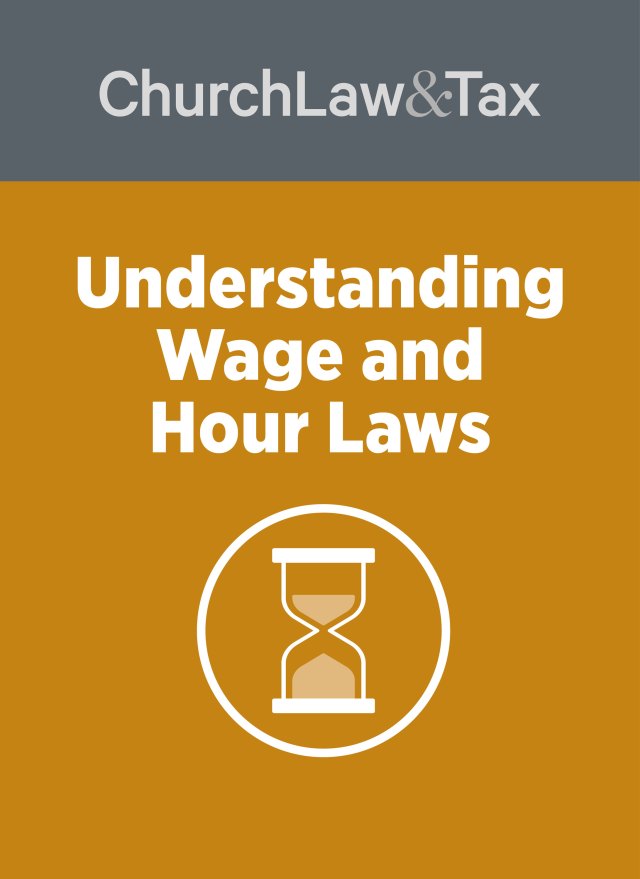• Key point. Churches cannot be liable on the basis of negligent hiring for an incident of child molestation if they conducted a thorough background check on the perpetrator.
• Key point. Violation of a church policy is evidence of negligence.
An Alabama court ruled that a school was not liable for a teacher’s acts of child molestation since it conducted a thorough background check before hiring him and did not violate its written policies. A male student at a private high school was molested by a teacher during a school camping trip, and several weeks later when he visited the teacher’s home. The student sued the school, claiming that it was responsible for his injuries on the basis of negligent hiring and negligent supervision. The court disagreed. It noted that the school had conducted a thorough background check on the teacher before hiring him. Further, school officials were not aware of the molestation until after it occurred.
The court rejected the student’s claim that the school was guilty of negligent supervision because it violated its own “sign out” and parental permission policies. These policies only applied to overnight and weekend absences from school, the court observed, and did not apply in this case since none of the acts of molestation occurred during such absences. The student claimed that another school policy prohibited the teacher from removing only one student at a time from school premises, and that this policy had been violated by the school when the student visited the teacher in his home. The court pointed out that this policy was an “unwritten” policy of a school supervisor, who was unaware that the student ever visited the teacher at his home. The court stressed that “the mere fact that an injury has occurred is not evidence of negligence” and that negligent supervision “will not be found by inference.”
Application. This case illustrates two very important points. First, thorough background checks can protect a school or church from liability based on negligent hiring in the event of an incident of molestation. Second, schools and churches generally cannot be liable on the basis of negligent supervision for an act of child molestation without knowledge of previous incidents or allegations of misconduct involving the perpetrator. Third, schools and churches may be liable on the basis of negligence for violating their own written policies. The school in this case had written “sign out” and parental permission policies. These policies only applied to overnight and weekend activities, and as a result did not apply in this case because the incidents of molestation did not occur during these activities. Note, however, that the result might have been different had the incidents occurred during an overnight or weekend activity that did not comply with the applicable policies. This illustrates the importance of adhering to any applicable policies. Anonymous v. Lyman Ward Military Academy, 701 So.2d 25 (Ala. App. 1997).
[Negligence as a Basis for Liability]
© Copyright 1998 by Church Law & Tax Report. All rights reserved. This publication is designed to provide accurate and authoritative information in regard to the subject matter covered. It is provided with the understanding that the publisher is not engaged in rendering legal, accounting, or other professional service. If legal advice or other expert assistance is required, the services of a competent professional person should be sought. Church Law & Tax Report, PO Box 1098, Matthews, NC 28106. Reference Code: m65 m43 m67 c0498




